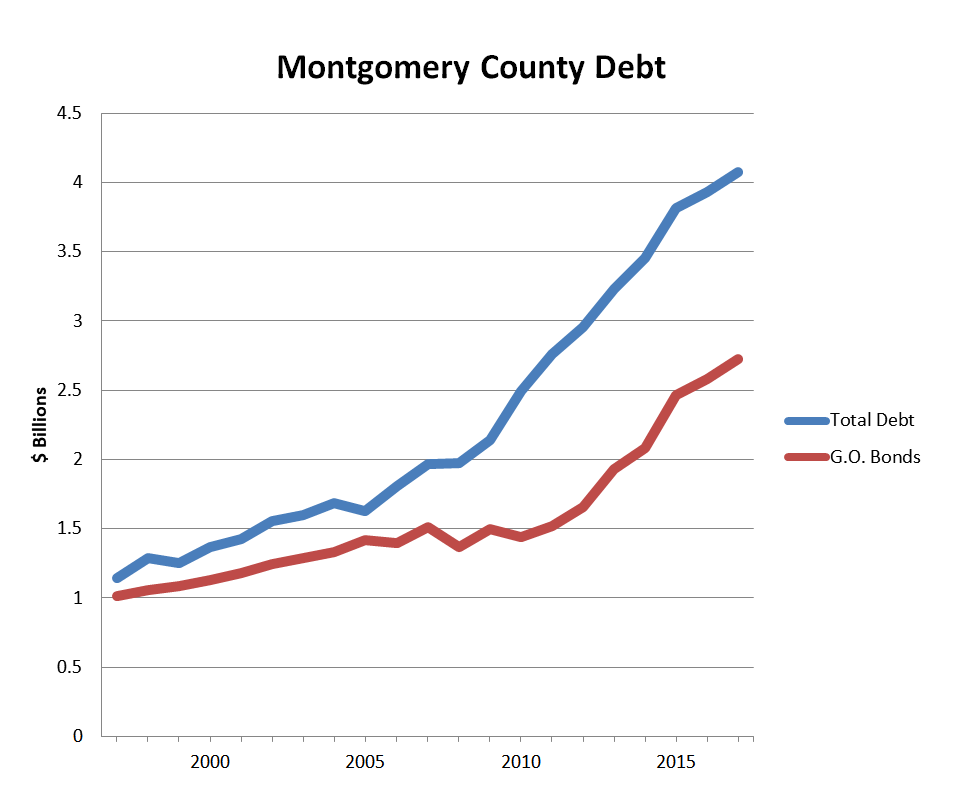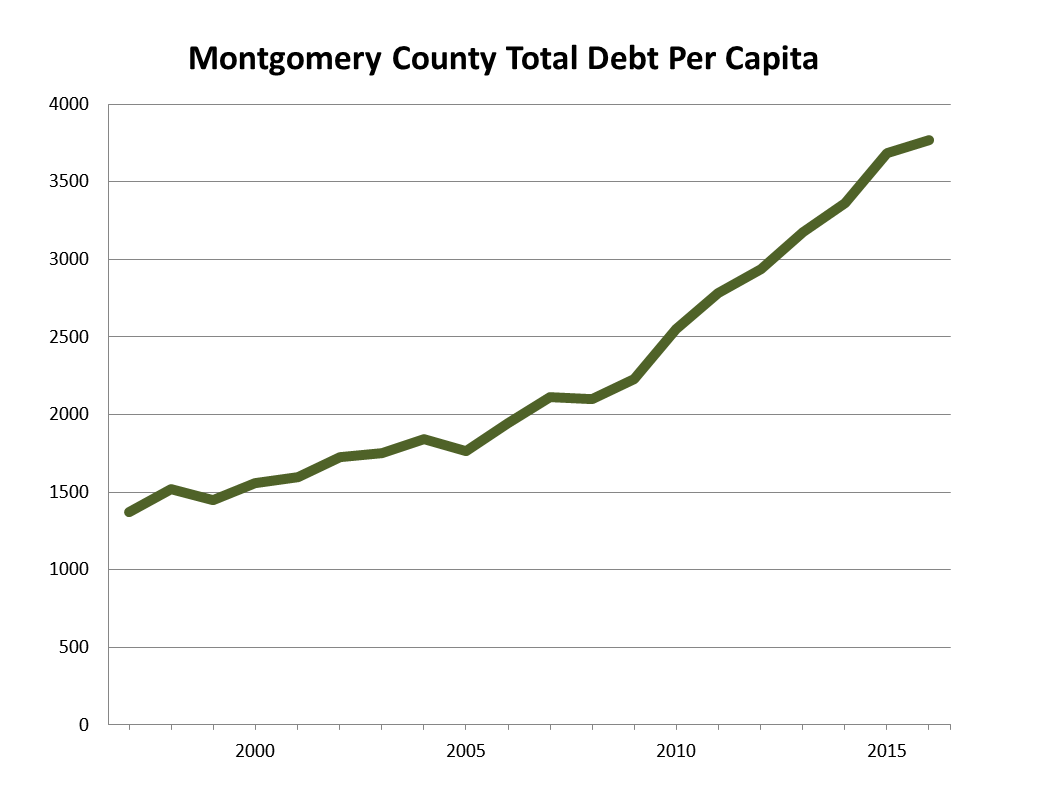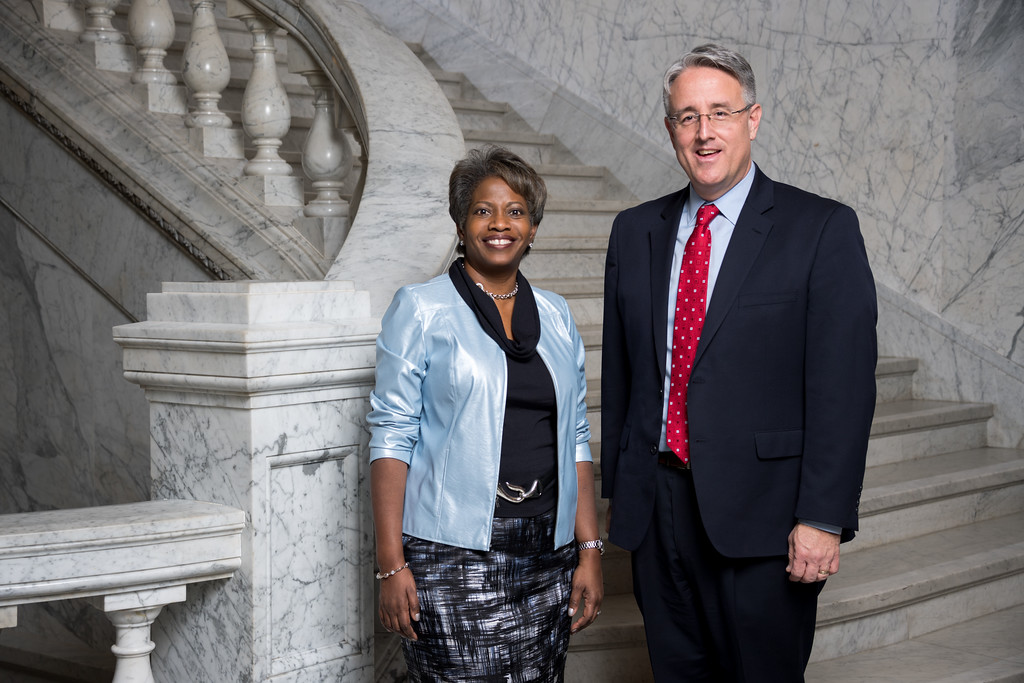By Adam Rosenberg, Executive Director, and Joyce Lombardi, Director of Government Relations, Baltimore Child Abuse Center.
For the past several years, the Baltimore Child Abuse Center has been advocating for a new law that will allow misdemeanor charges against front-line professionals who deliberately chose not to report child abuse.
Sounds like an easy sell, but it isn’t. Not in Maryland. Or, at least not in Maryland’s House Judiciary Committee. The bill (SB132 this year) has already unanimously sailed through the Senate two years in a row thanks to Senator Susan Lee and Senator Robert Zirkin. But, despite the efforts of Delegate Carlo Sanchez, State’s Attorney Angela Alsobrooks and several Democrats and Republicans, HB500 is still stalled in the House Judiciary Committee.
Why? Partially it’s because leadership there questions the need for yet another law, and partially because many people rightfully struggle with the idea of putting “jail” and “teacher” or “nurse” in the same sentence.
But many of the dozens and dozens of people we’ve been talking with – which includes social workers, pediatricians and elected officials in Annapolis – instantly picture who this law is talking about: not your average teacher or nurse, but instead the people who knew but chose to protect themselves or their institutions. “Right!” they say, “like at USA Gymnastics or Penn State.” Yes, bingo. The enablers.
Former Penn State administrators Tim Curley, left, and Gary Schultz (Centre County Correctional Facility, AP)
Still, others struggle. Instead of seeing the egregious enablers, they see their friends, their kid’s soccer coach, their homeroom teacher, their family doctor. They see themselves. They can picture the predators, sure, the eerily bland face of Larry Nasser or maybe even the bulldog mug of Harvey Weinstein. But they can’t see the quiet cadre of adults standing just behind the predators, the ones who are always there, desperately denying the crimes of the colleague or friend or beloved in their midst. They might see the good doctor who isn’t sure the head trauma was abuse and doesn’t report, or they might see a teacher who didn’t report that a girl felt uncomfortable on her colleague’s lap. They see nuance. They see negligence at best.
Professionals in Maryland all have a duty to report SUSPECTED abuse, but this bill, HB 500, isn’t criminalizing negligence. Instead, it targets those rare but persistent cases when a mandatory reporter “KNOWS” about the abuse and STILL doesn’t act. Think Morgan State University, USA Gymnastics, and think Penn State. Think about the horror of seeing a naked boy in a shower sexually assaulted by a grown man. Think about several girls coming forward to say their doctor’s hands inside them “didn’t feel right,” “felt wrong,” or “he was aroused.”
There is a a running list of professionals in Maryland who chose not to report, for example: cigarette burns on a girl’s arm; a 5-year old boy disclosing that “daddy kisses my wee wee and makes it big; ”a distressed tween disclosing that her grandfather takes her to the basement and puts his hand under her dress; lacerations and scars on an 8-year old; a 3-year old with visible bruises who said he gets hit with a belt, numerous 5th graders disclosing that a volunteer school aide was making boys do “nasty stuff.”
Also, let’s clarify what has been proposed: a misdemeanor with a max of 6 months in jail or a $1,000 fine. That’s the same penalty you get in Maryland if you board someone’s boat for a second time without permission or if you install an air conditioner without a license ((Crim. Law 6-403; Bus. Reg. 9A-501).
Secondly, every other state in the country has a penalty of some sort and most make it a misdemeanor for deliberately failing to report SUSPECTED abuse – except Wyoming and Maryland. In Maryland, after years and years of wrangling and compromise with various legislators and professional associations for doctors, nurses, therapists, etc., this law would only target the worst of the worst: those who ignored KNOWN abuse. The proposed law (HB500) has an “actual knowledge” standard, an extremely high bar to reach, and one that reaches felony status elsewhere. The bar is so high that, for the first time, it has gained support from some professional associations and censure from some activists.
Leadership in the House Judiciary Committee questions why we need a new law when there are two on the books that get little use: a fairly new one, sponsored by Delegate Kathleen Dumais in 2015, which provides notice to a licensing board or employer for a failure to report, and an older one that criminalizes anyone who obstructs a report. Our answer is simply that this law, HB500, fills in the gap between the two. Saying more than that sounds like an attack on the current laws and their sponsors. It isn’t meant to be an attack. It’s a plea for another way. It’s an “And,” not an “Or.”
We all agree that child abuse needs to be reported, we just respectfully disagree whether Maryland needs a new law to help make that happen. After years of research and experience in the field, we believe that it does and HB500 is that law.
If you agree that Maryland’s children deserve better protections too, call the Maryland House Judiciary Committee at 301-858-3488 or 410-841-3488 to share your support for HB500.








